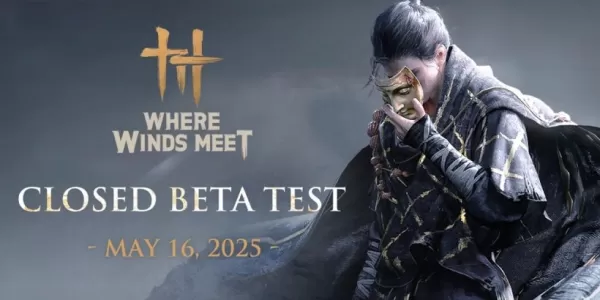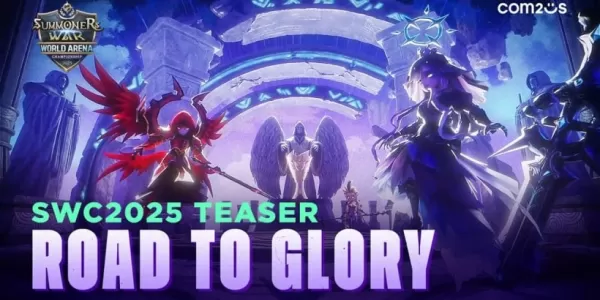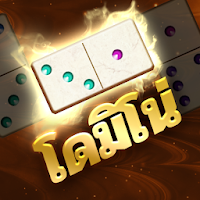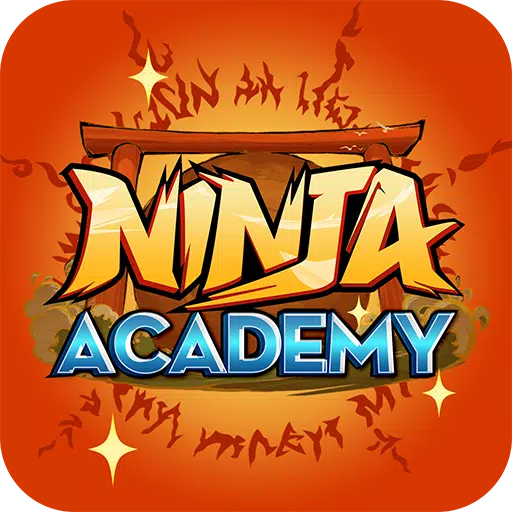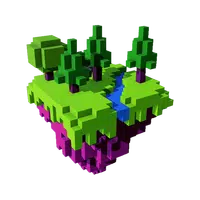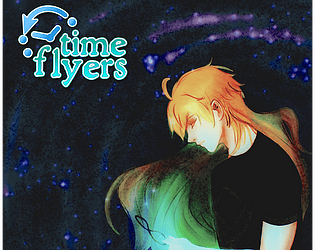The topic of turn-based games versus action-oriented systems in RPGs has long been a staple of discussion in gaming communities, and the recent release of Clair Obscur: Expedition 33 has reignited this conversation. Launched just last week, Clair Obscur: Expedition 33 has received widespread acclaim, including from IGN, for its robust turn-based gameplay. The game proudly showcases its inspirations, drawing from classics like Final Fantasy VIII, IX, and X, as well as incorporating elements from Sekiro: Shadows Die Twice and Mario & Luigi. It features a turn order, Pictos to equip and master, zoned-out dungeons, and an overworld map.
In an interview with RPGsite, producer Francois Meurisse emphasized that Clair Obscur was designed as a turn-based game from the outset. The game's unique blend of traditional turn-based strategy and action-oriented quick-time events and defensive mechanics has sparked considerable interest and debate. This hybrid system allows players to engage in strategic planning during their turns, while experiencing dynamic action during attacks and defenses.
The success of Clair Obscur has prompted many on social media to argue in favor of turn-based systems, especially in light of recent comments from Naoki Yoshida, the producer of Final Fantasy XVI. Yoshida noted a shift in player preferences towards action-based mechanics, particularly among younger audiences, which has influenced the direction of the Final Fantasy series. This shift is evident in games like Final Fantasy XV, XVI, and the Final Fantasy VII remake series, which have all adopted more action-driven gameplay.
However, the discourse around turn-based games is more nuanced than a simple call for Final Fantasy to revert to its roots. Square Enix has not abandoned turn-based RPGs entirely, as evidenced by titles like Octopath Traveler 2 and upcoming releases such as SaGa Emerald Beyond and the Bravely Default remaster for Switch 2. While Final Fantasy has moved towards action-oriented gameplay, Square Enix continues to support turn-based RPGs in other franchises.
The suggestion that Final Fantasy should adopt Clair Obscur's approach overlooks the unique aesthetic and iconographic elements that define the series. Clair Obscur, while inspired by Final Fantasy, distinguishes itself through its innovative combat system, compelling soundtrack, and thoughtful world-building. Comparing it to Final Fantasy as a mere imitation does not do justice to either game's distinct qualities.
Historical debates about RPGs, such as whether Lost Odyssey was a true successor to Final Fantasy or the merits of Final Fantasy VII versus VI, highlight the ongoing nature of these discussions. Sales figures, which Yoshida mentioned as a factor in Final Fantasy XVI's direction, also play a crucial role in game development decisions. Despite Clair Obscur's impressive sales of 1 million copies in three days, Square Enix's expectations for Final Fantasy are typically much higher.
The success of other turn-based RPGs like Baldur's Gate 3 and Metaphor: ReFantazio demonstrates that the genre can still achieve both critical and commercial success. Clair Obscur's launch is a significant achievement for Sandfall Interactive and Kepler, signaling a resurgence of mid-budget RPGs alongside titles like Visions of Mana or Ruined King.
Whether Clair Obscur's success will lead to a broader shift in the RPG genre, particularly for a series like Final Fantasy, remains uncertain. Square Enix's recent challenges with meeting profit expectations for Final Fantasy XVI and FF7 Rebirth suggest broader industry trends and the high costs associated with developing major franchise entries.
Ultimately, the key takeaway from Clair Obscur's success is the importance of authenticity in game development. Projects that genuinely reflect the creative vision of their developers, rather than merely imitating established formulas, are more likely to resonate with players. As Swen Vincke of Larian Studios noted regarding Baldur's Gate 3, a high-budget game can achieve high results if it is driven by a passionate and creative team. This approach offers a promising path forward for the RPG genre, emphasizing innovation and authenticity over rehashing old debates.

